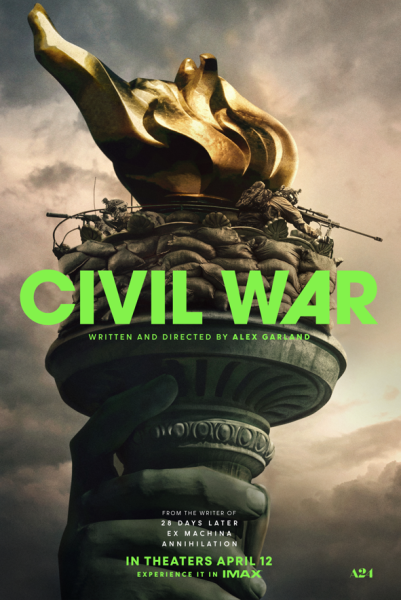
It would be far from a reach to say that the United States has become a politically divisive country in the past couple decades. Frankly, to call it just “divisive” is a major understatement. The country’s populace has turned on each other, divided over matters from the economy to the rights of women and minority groups to many more issues, and the past few years especially have seen these tensions reach their boiling point. It is to be expected that people would turn to entertainment for even the most mild escapism, to just avoid the crushing reality we live in for a couple of hours and enjoy a rich, captivating story.
Enter Alex Garland, writer and director of “Ex Machina,” “Annihilation” and 2022’s divisive “Men.” In what has been confusingly touted by some as his final directorial effort, “Civil War” intends to provide no such escapism and throws audiences into the deep end of our current political climate, almost as a dire warning of what is to come. But is Alex Garland’s newest film a timely effort, or is it the last film we need as a country right now?
“Civil War” is set in a near-future America. The country has splintered into several factions—most notably the “Western Forces” of Calif. and Texas—and tensions and violence are rising across the country, with the president (Nick Offerman) serving his third term. The film primarily follows famed war photographer Lee (Kirsten Dunst), journalist Joel (Wagner Moura), their mentor Sammy (Stephen McKinley Henderson) and aspiring photographer Jessie (Cailee Spaeny). The four trek from New York to Washington D.C. to get an interview with the president before the Western Forces storm the White House and get caught in the crossfire of the escalating conflict in the process.
“Civil War” faced skeptical reactions from audiences even before it was released, and having now seen the film, I can say that this film will most definitely divide audiences with the story it tells. Garland attempts to write the film from a neutral, objective standpoint, and as a result, a lot of details and crucial bits of worldbuilding are completely absent. The reason the titular war started is never revealed, neither side are directly labeled as good or bad, no one is given any direct party allegiance. Everything in the film is presented with shades of gray and moral ambiguity—never really telling you who to root for or against and muddying the conflict—and this will certainly turn some off from the film.
I understand what Garland was trying to go for with this approach. He wanted to show how massive wars are fought over completely trivial matters, to the point where we forget why we are fighting in the first place: how misinformation can distort these viewpoints and how this echoes our reality and shows how close we are to the events of the film becoming a reality. I can also understand how this approach shows the paradoxical nature of these conflicts. The far more muddy and ambiguous tone of the film is illustrated in a scene where a sniper simply tells the group, “They are trying to kill us, so we are trying to kill them.” But while this view is understandable, I personally found it distracting and cowardly. It is a political film by nature—the film is literally called “Civil War”—so this neutral standpoint feels less like looking at the conflict through an objective lens and more akin to not wanting to step on either side’s toes and win over everyone. I would argue this wasn’t the right subject matter for Garland to cover, as it is clear he was not willing to fully commit to the political nature of the film.
For what is clearly written to be a dire warning to the country, there are more faults than with just the politics of the film. Garland’s previous films have always used licensed music, most notably “Love Song” by Lesley Duncan and Elton John in “Men” and “Helplessly Hoping” by Crosby, Stills & Nash in “Annihilation.” In “Civil War,” the licensed music feels flat-out inappropriate, with scenes of soldiers being executed and violent riots in New York set to the likes of De La Soul and other upbeat artists. It is made more egregious by the fact that Ben Salisbury and Geoff Barrow deliver yet another great score after composing Garland’s previous films, with an almost “The Last of Us” style blend of strings and harmony that makes the scenes it is in equal parts haunting and engaging. It is a good score, and I wish the film committed more to that for its more intense scenes than awkwardly trying to juxtapose political violence with catchy songs.
All of this is not to say that “Civil War” is devoid of quality, because there is plenty to enjoy. From a technical standpoint, the film is very well made on virtually every level. Rob Hardy’s cinematography is eye-catching and creates some stunning shots. The sound design is incredibly well done—with the opening logos blasting distorted sounds from every speaker one at a time being a particular standout—and immerses the audience in the film throughout. Jake Roberts’ editing is a bit iffy at times, but it is largely solid and not egregiously noticeable, the production design by Caty Maxey is wonderfully detailed, and if there is one thing about the film that I will praise in spite of its flaws, the action scenes are truly captivating and often tense. They deserve to be seen in a theater.
The acting in the film is largely excellent, even if most of the film focuses on our main four leads, with other actors only appearing for a scene or two throughout. Kirsten Dunst’s line delivery can seem a tad monotone and cold at times, but she delivers an otherwise believable performance as Lee. Wagner Moura caught my attention ever since seeing him in “Puss in Boots: The Last Wish,” and he is no less engaging and enjoyable to watch here as Joel, even if he does fall to the awkward side at points. Stephen McKinley Henderson is uncharacteristically gritty and stoic as Sammy, and it is interesting to see him play such a different role compared to his lighter, more friendly and recognizable roles in “Lady Bird” or “Dune.” Cailee Spaeny is the easy standout as Jessie, a fresh-faced, aspiring photographer looking to her idol, Lee, but soon faces the horrors of war and combat as she tries to improve her skills and get that one perfect shot, and it is great to see her journey throughout the film.
Coming back around to the big question at the start; is “Civil War” the film we need right now? Is this a film that will help to unify audiences with its message, or will it only further divide audiences with the way it presents said message? In all honesty, the answer to that question is no. The film is certainly worthy of being discussed, and I can see a lot of discourse coming out from this film over its lack of allegiance, but said lack of allegiance and not committing to a single viewpoint makes the film feel almost hollow and to lack the soul and urgency it clearly desires. “Civil War” wants to tell audiences to cease our division and come together, but the film surrounding its central message will only further provoke that division and defeat its point. Or prove it, depending on how you look at it.



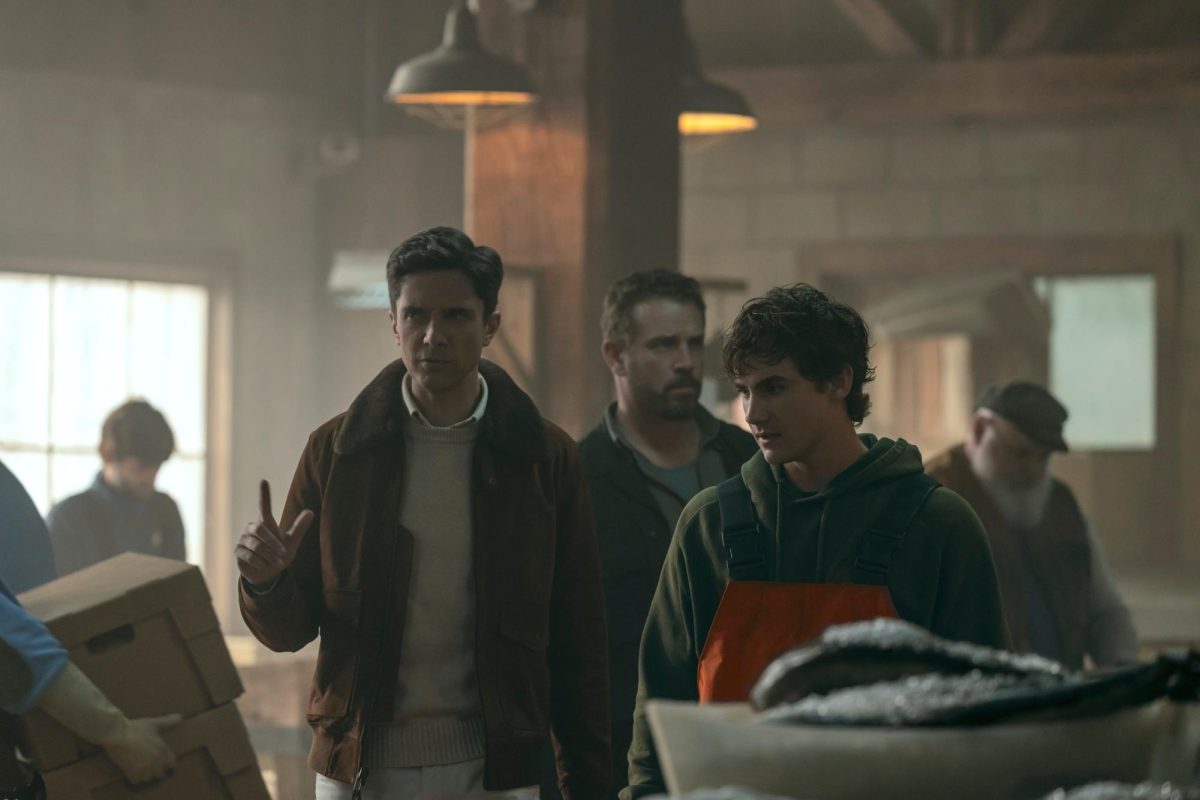



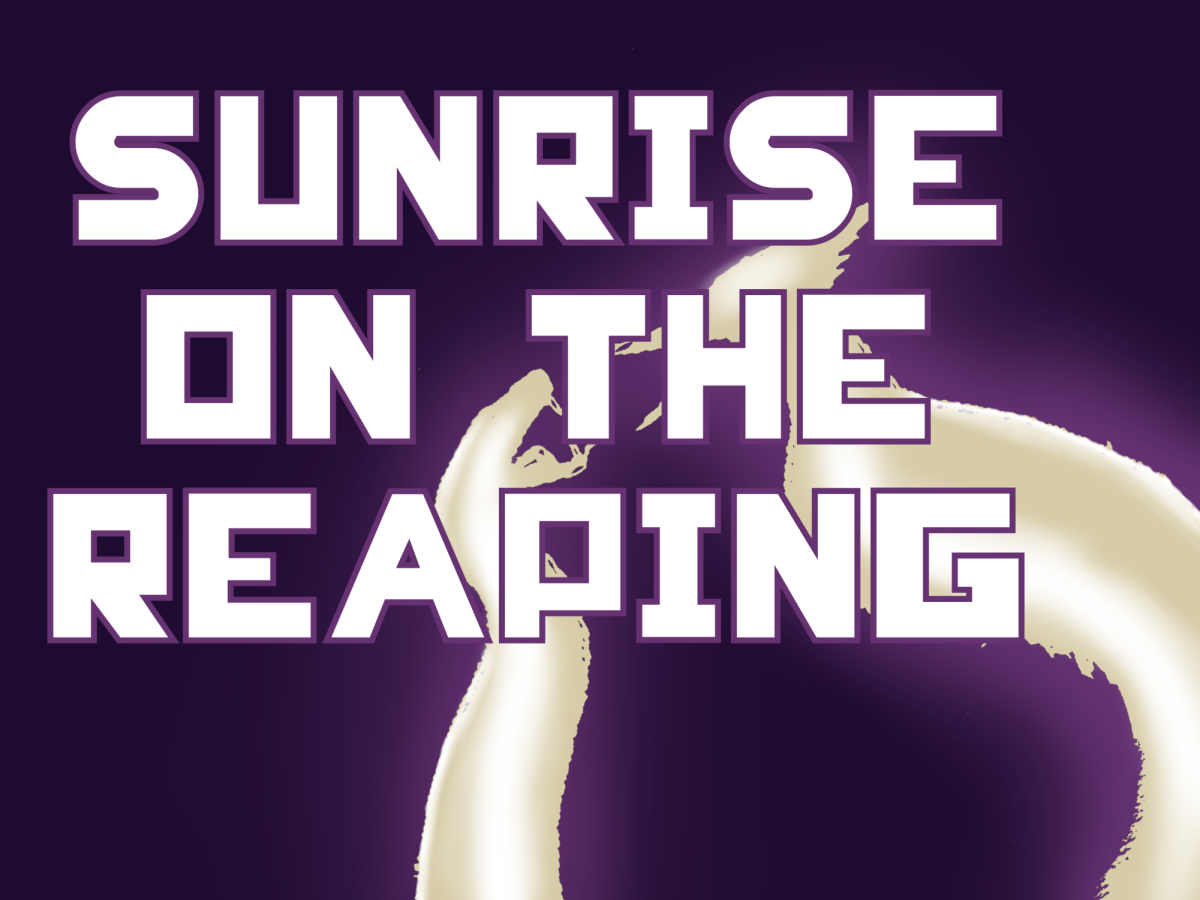


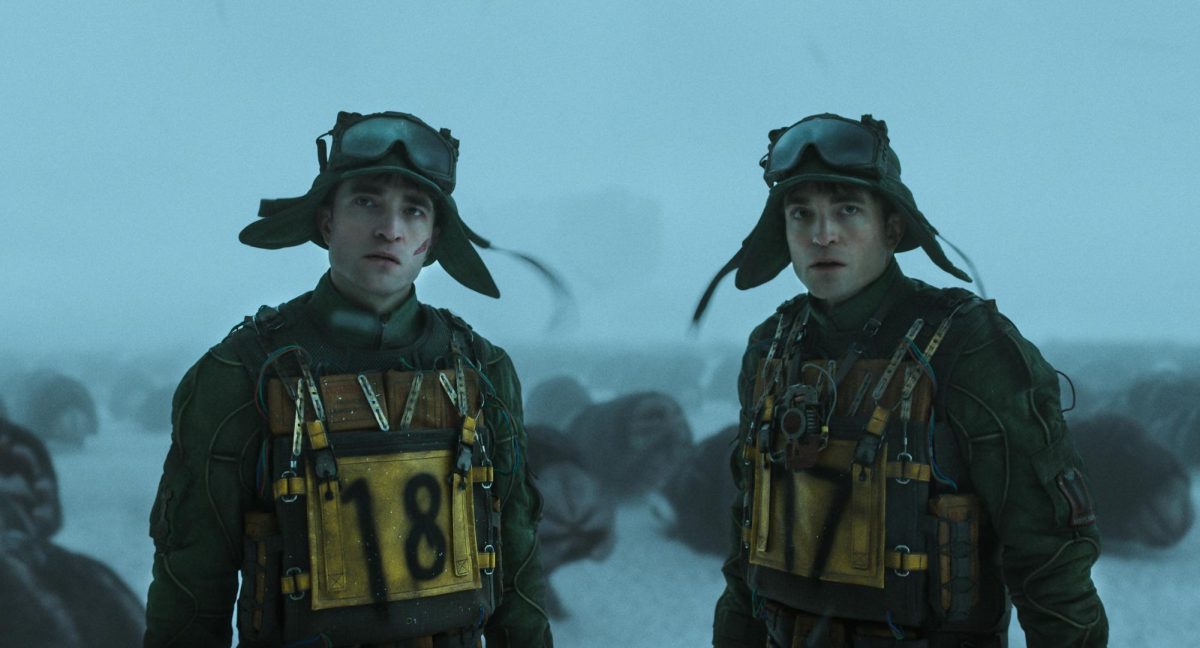

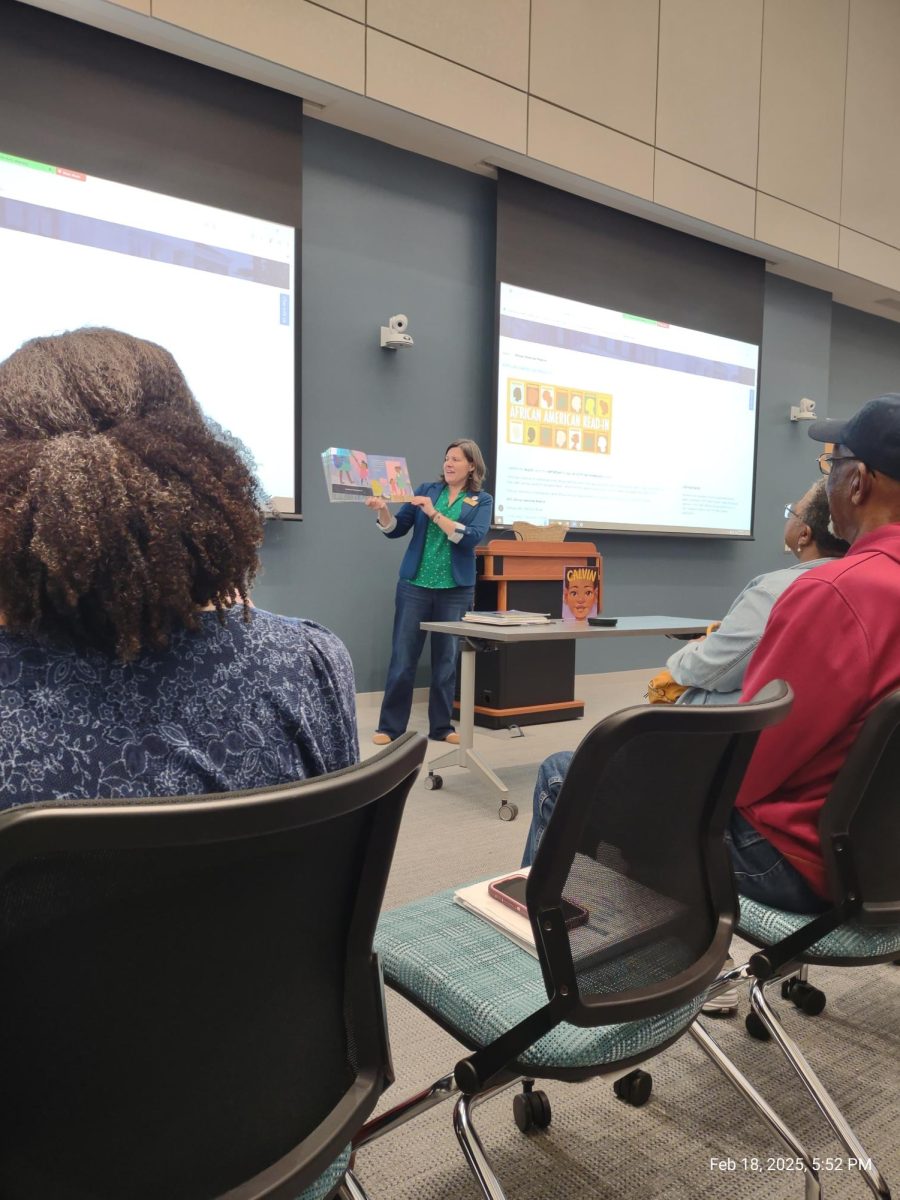
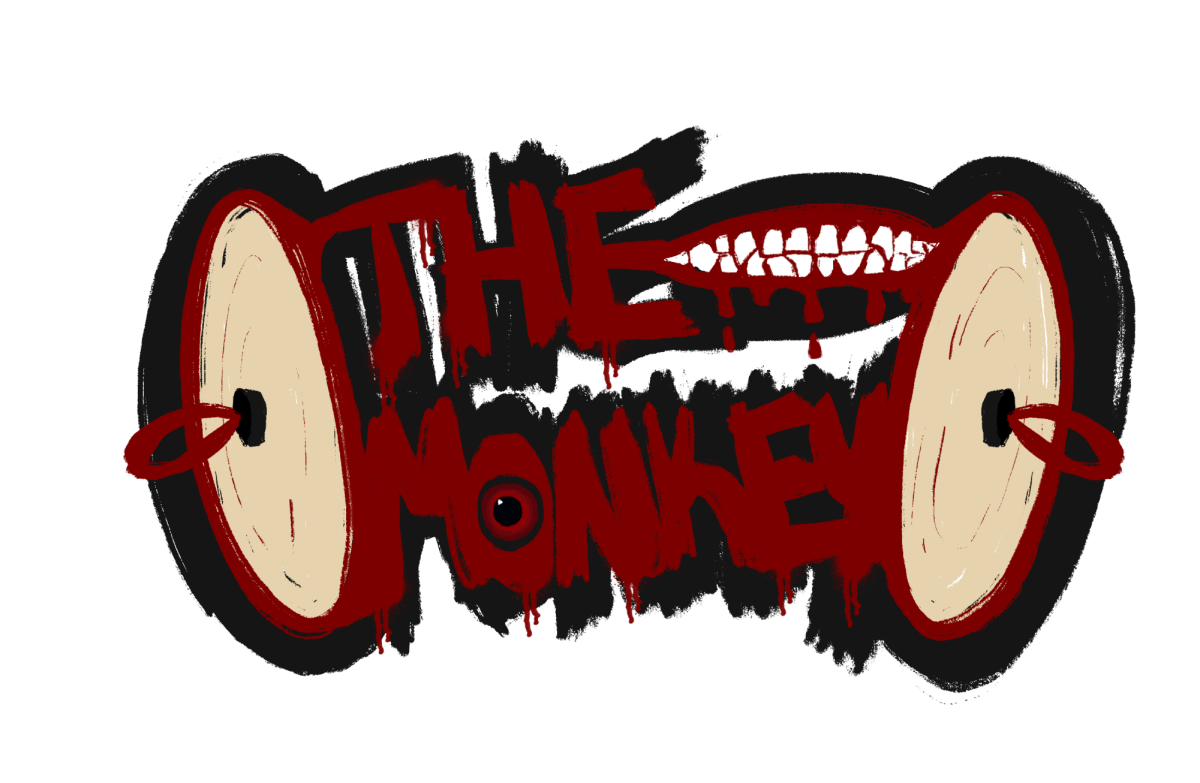



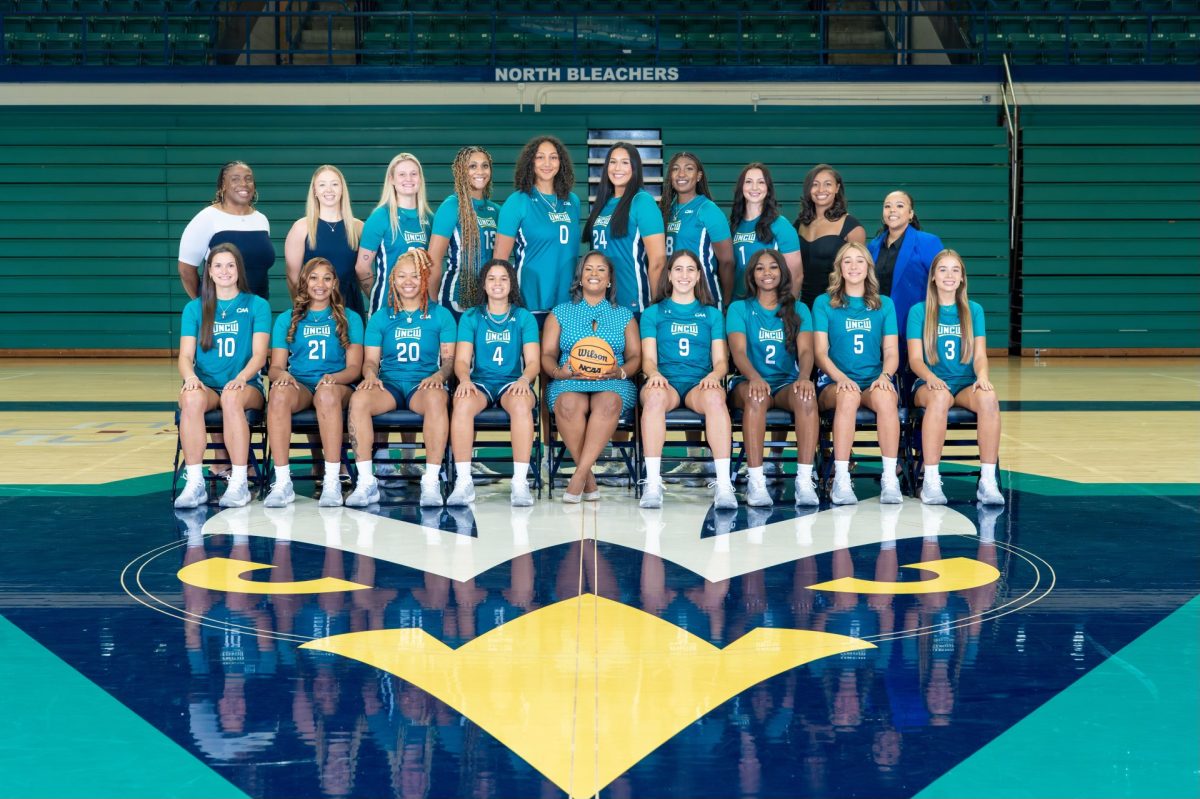
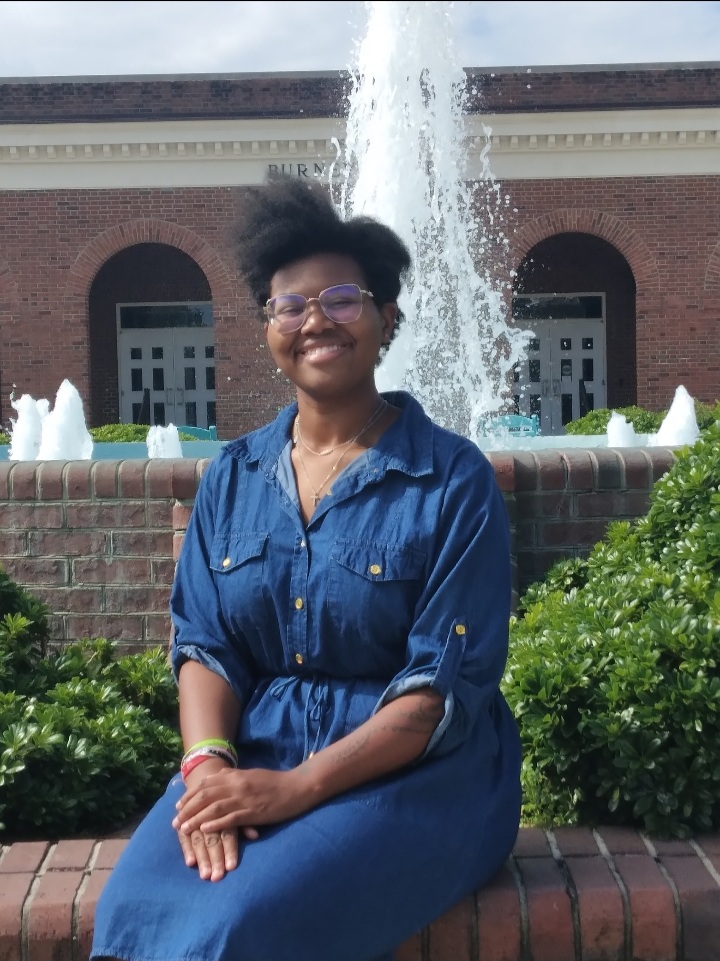

Liberty and Freedom • Oct 1, 2024 at 2:14 am
This movie has bias undertones from the beginning through the end. A favorable political party and certain way of life is definitely shown.
The militias engaging in civil war is partly due to the US government subduing a far-left-wing collective; Antifa. This indicates a bias that a political party to the right would engage in such an act towards civilians, which establishes the POTUS political affiliation. The POTUS political affiliation is established several more times throughout the movie. Listen to the POTUS speeches and you can conclude which political party he represents. In addition the POTUS is serving a third term. The connection to reality is the past and current events media only expressed this about a certain (conservative / right) candidate, if elected he would not leave office and would pose a danger to our democratic republic. These subtle hints and the journalist’s negative reaction hearing the POTUS speeches reinforce the bias. The last scene ends with the militia grotesquely killing the POTUS; the movie’s motives were starkly revealed.
The movie also favors a certain way of life. The apparel store scene, Jessie wanting to photograph Lee, but not Joel hints at sexual orientation. Throughout the movie, the victor of conflict has this reoccurring persona. The scene at the winter theme/ golf course hints at this tilt of biased; the soldier’s (victor’s) uniform and style accessories.
This move serves to further divide groups, succeeds at provoking fear, encourages hate and violence towards those that are different, and seeding thoughts with intent to destroy anyone that has an opposing opinion.
Carol • Jul 17, 2024 at 1:03 am
Yes, we do need this movie now, to see where we could easily be headed. The lack of allegiance acted out forces the viewer to determine their own allegiance…
Phillip Solomonson • Apr 21, 2024 at 3:16 pm
Really, a movie depicting a modern day American Civil War?
Is that what we really need right now?
I am already nauseated at the current violence in the states and across the globe. Both real and what is rolling off of the manufactured entertainment assembly line.
The idea of self-inflicted military destruction towards each other on our own soil is sickening. It is saddening, depressing and overwhelming. As if we haven’t already spent enough time and money glorifying the horrors of war and mass violance.
This is an incredible tone-deafness and ignorance to the catastrophic history of 1861 to 1865 and its aftermath. As our eyewitness and secondhand accounts fade, we forget. Thus giving birth to a new bravado and fetish for harming others. Justified through ideology.
This film feeds on our most base collective impulses towards war and violence at a time when civil war is a real and credible concern.
According to the leadership conference on Civil and Human Rights, “54 percent fear America is on the path to another civil war.”
So rather than responding to this clarion call with civic action and humanity towards our fellow citizens, we automatically respond to the entertainment industry at the box office.
The media establishment has doubled down for a profit-making narrative that only helps visualize what I don’t want to happen.
It is easier to engage the reptilian brain. To inspire hope, provoke positive action and engage towards love takes enormous talent. But here we are…..